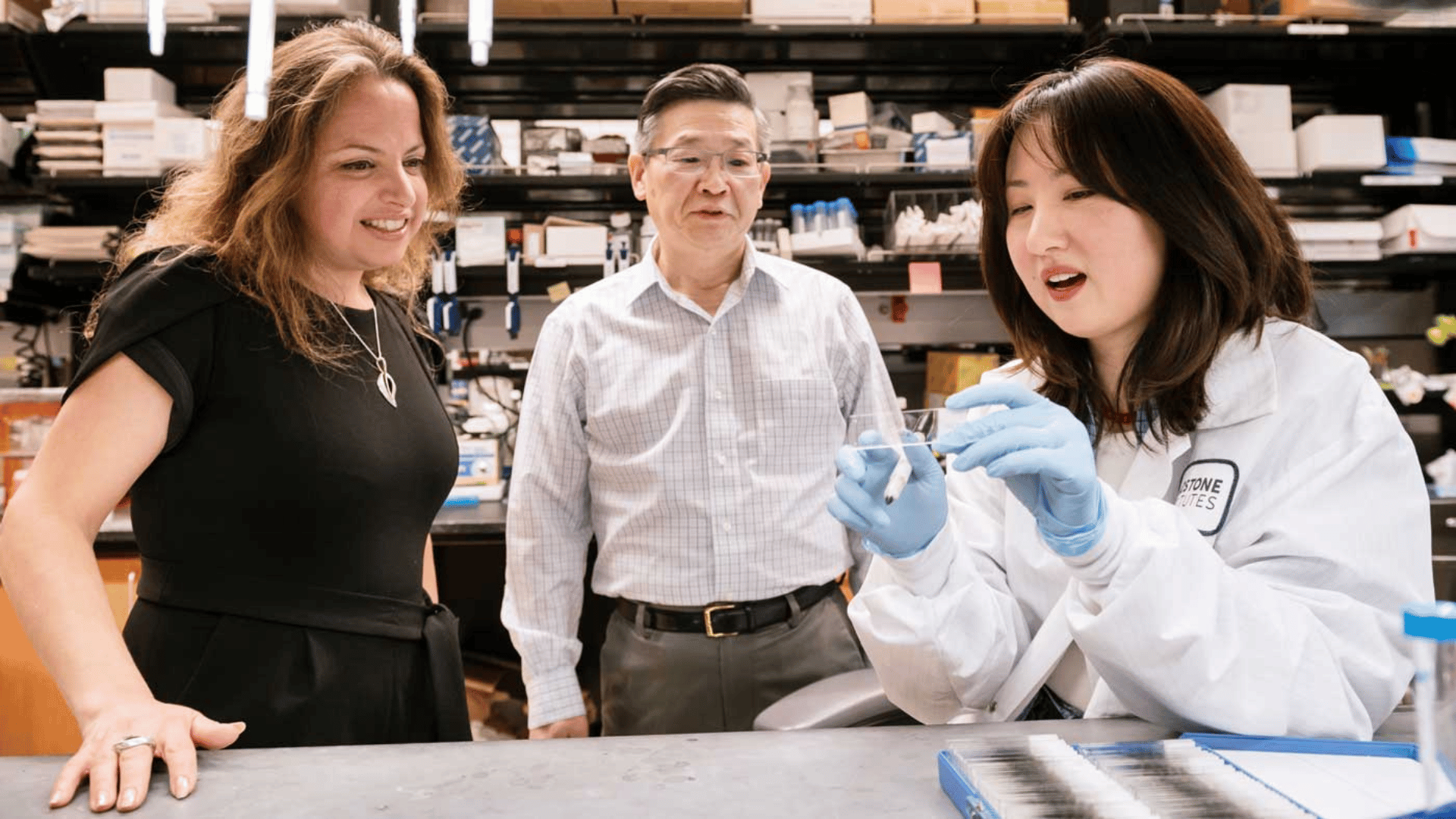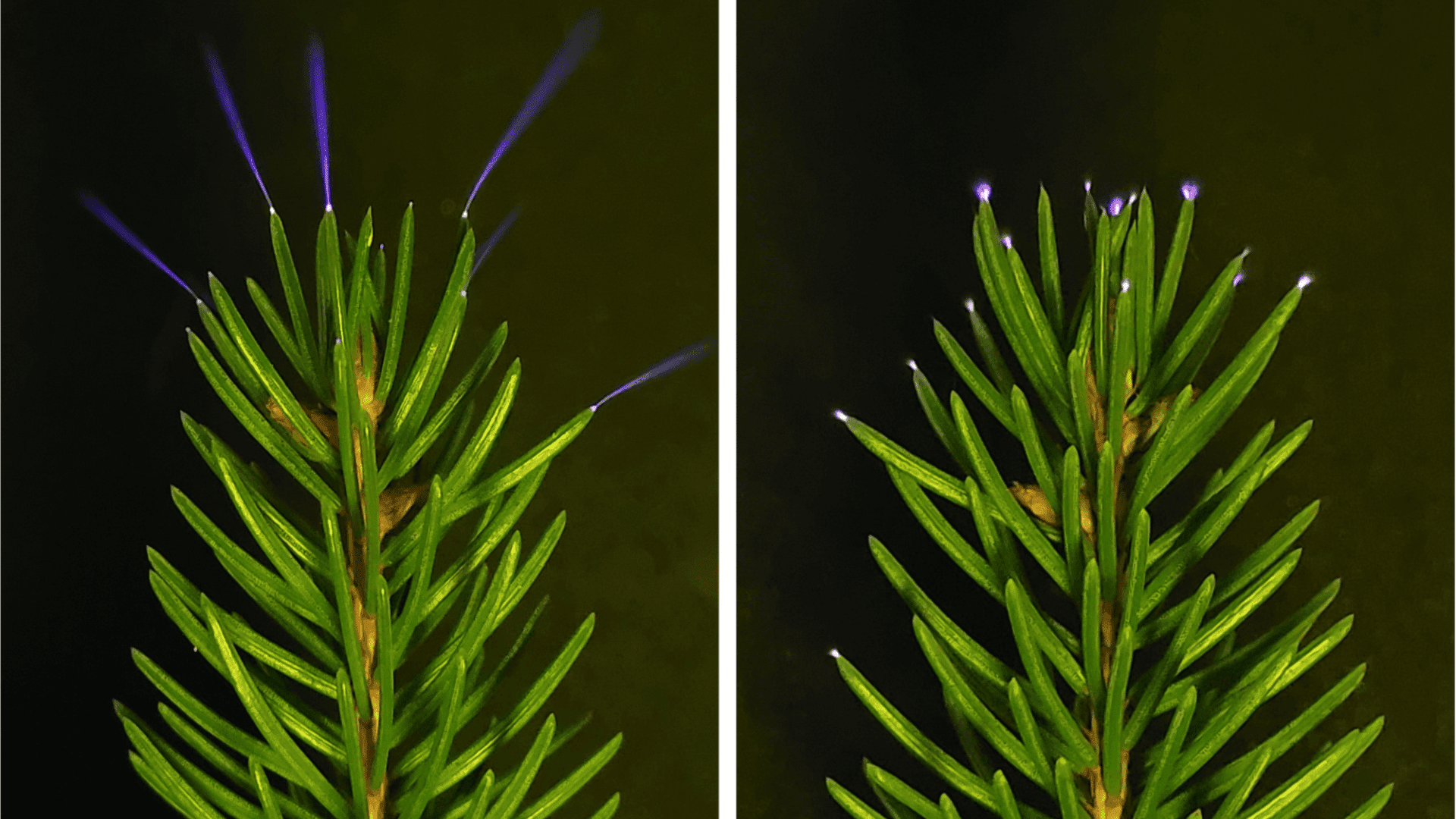Two existing cancer medications show promising potential to slow or even reverse debilitating symptoms of Alzheimer’s disease. Scientists at the University of California, San Francisco, and Gladstone Institute identified the groundbreaking approach with the hopes of combating Alzheimer’s.
Their research was published in the journal Cell.
Alzheimer’s is a challenging disease that affects an estimated 7 million Americans. It causes a relentless decline in cognition, learning, and memory. Despite decades of studies, there are only two FDA-approved drugs, neither of which slows the disease’s progression.
“Alzheimer’s is likely the result of numerous alterations in many genes and proteins that, together, disrupt brain health,” said Yadong Huang, co-senior author of the paper and senior investigator at Gladstone. Its complexity is what makes traditional drug development difficult.
A Combination to Battle Alzheimer’s


In the most recent study, researchers analyzed how Alzheimer’s disease alters gene expression, or the activity of genes within a cell, in human brain cells. Then, researchers sought existing FDA-approved drugs that induce the opposite changes in gene expression, specifically targeting neurons and glial cells damaged in Alzheimer’s.
Advertisement
With the help of vast datasets, researchers narrowed down over a thousand drugs to 10 FDA-approved medications that showed promise in reversing Alzheimer’s gene expression. In addition, several drugs appeared to reduce the risk of developing the disease over time.
“Thanks to all these existing data sources, we went from 1,300 drugs, to 86, to 10, to just 5,” said Yaqiao Li, PhD, the paper’s lead author.
Ultimately, the researchers turned their focus to two cancer drugs. The first is letrozole, which is typically used for breast cancer. The second is irinotecan, which is used for colon and lung cancer.
When the team tested the two drugs in a mouse model of aggressive Alzheimer’s, the combination reduced degeneration and restored memory. “It’s so exciting to see the validation of the computational data in a widely used Alzheimer’s mouse model,” Huang said.
Researchers are hopeful that the discovery can transition to clinical trials. They say there is a much-needed solution for the millions of people with Alzheimer’s.
Marina Sirota, the interim director of the UCSF Baker Computational Health Sciences Institute, said, “We’re excited that our computational approach led us to a potential combination therapy for Alzheimer’s based on existing FDA-approved medications.”



